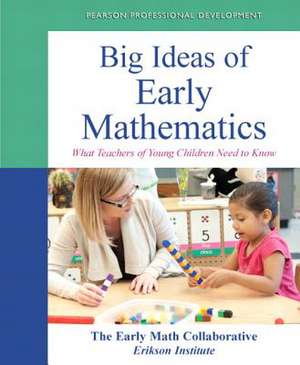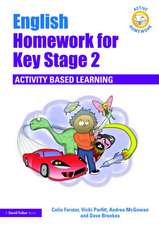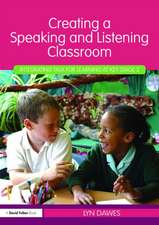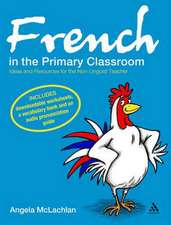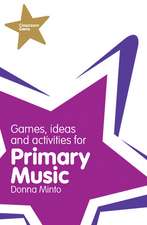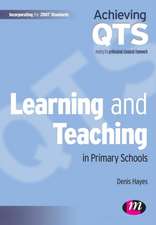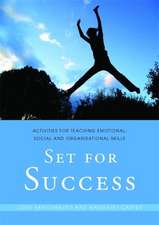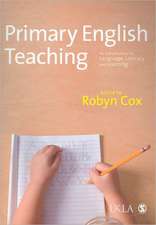Big Ideas of Early Mathematics: What Teachers of Young Children Need to Know: Practical Resources in Ece
Autor Erikson Institute, Jeanine O'Nan Brownell, The Early Math Collaborativeen Limba Engleză Paperback – 24 mai 2013
This title is also available packaged with the Enhanced Pearson eText. To order the Enhanced Pearson eText packaged with a bound book, use 0133548635.
The foundational concepts of math-and how to implement them in early childhood education-are clearly presented in this practical, unique book focusing on the Big Ideas in early mathematics.
The Big Ideas that convey the core concepts of mathematics are at the heart of this new book that gives early childhood educators the skills they need to organize for mathematics teaching and learning during the early years. For teachers of children ages three through six, the book provides foundations for further mathematics learning and helps facilitate long-term mathematical understanding. It's the perfect guide for those who want to focus their instruction on mathematics that is central, coherent, and rigorous. In it, readers see clearly why building early foundations in math matters, why teachers' understanding of foundational math matters, and why the methods used to teach it matter.
Developed by the Erikson Institute's Early Math Collaborative team, the book groups the Big Ideas into nine chapter on topics that are familiar to early childhood teachers-sets, pattern and regularity, number, counting, operations, measurement, data analysis, shapes, and spatial thinking. The work is in keeping with the content strands identified by the National Council of Teachers of Mathematics (NCTM), and maps pathways to help teachers meet the Common Core State Standards for Mathematics.
Invigorate learning with the Enhanced Pearson eText The Enhanced Pearson eText provides a rich, interactive learning environment designed to improve student mastery of content with embedded video. The Enhanced Pearson eText is also available without a print version.
Instructors, visit pearsonhighered.com/etextbooks to register for your digital examination copy. Students, register for or purchase your eText at pearsonhighered.com/etextbooks.
Preț: 463.33 lei
Nou
88.66€ • 92.80$ • 73.79£
Carte disponibilă
Livrare economică 10-24 martie
Specificații
ISBN-10: 0132946971
Pagini: 208
Ilustrații: illustrations
Dimensiuni: 188 x 229 x 10 mm
Greutate: 0.32 kg
Editura: Pearson
Seria Practical Resources in Ece
